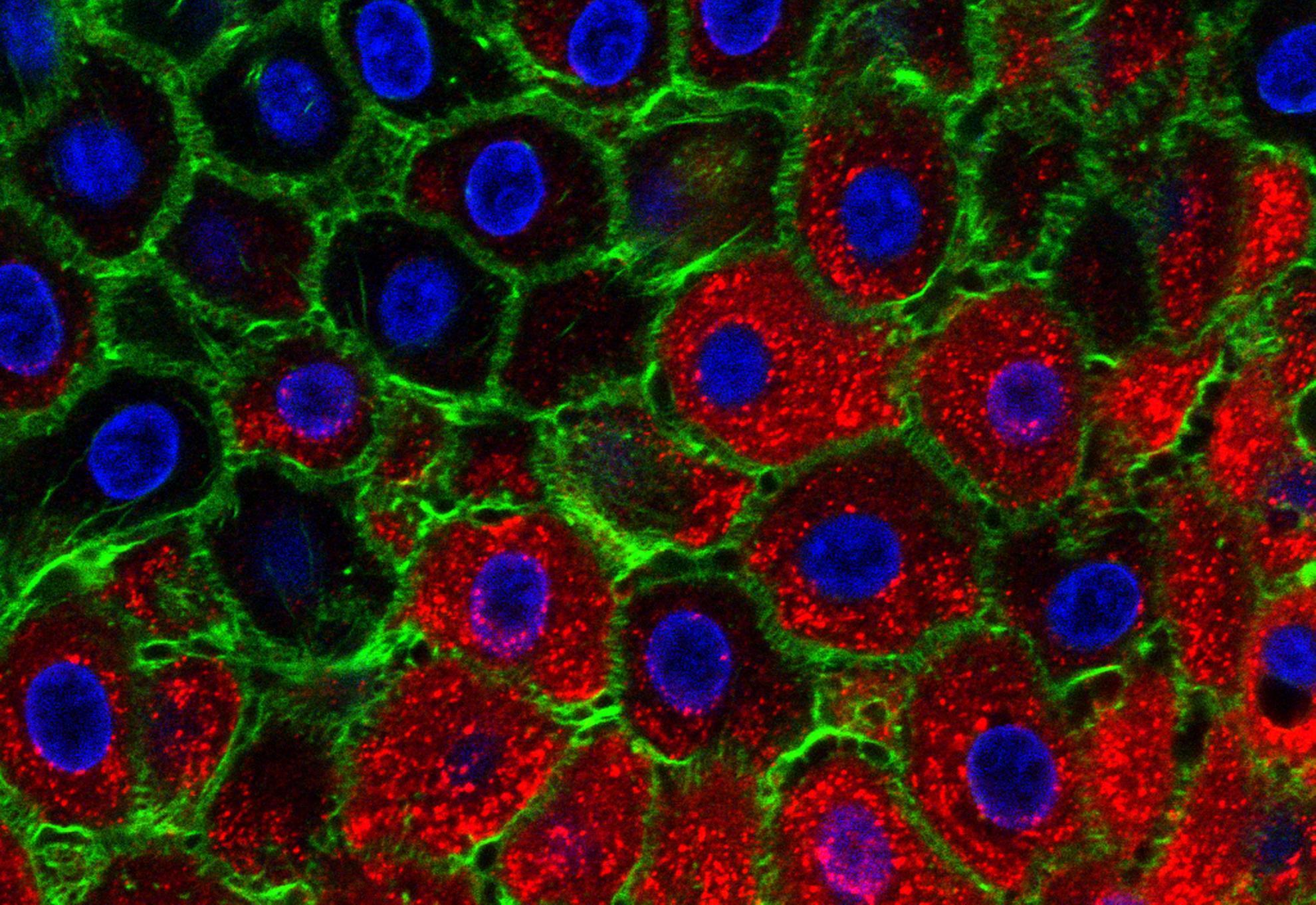Maturation of functional antibody affinity in animals immunised with synthetic foot-and-mouth disease virus
A good correlation exists between specific neutralising antibody titre and protection against challenge with foot-and-mouth disease virus (FMDV) in infected or virus-vaccinated cattle, but not in the case of animals immunised with synthetic FMDV peptides. Therefore, mechanisms other than simple neutralisation are likely to be important in vivo. Antibody affinity may influence the protective capacity of sera from immunised animals and experiments were carried out to measure the functional affinity for synthetic FMDV peptide of sera from guinea pigs and cattle given various synthetic vaccines. In guinea pigs given a single dose of synthetic vaccine, antibody affinity increased with time after immunisation. In cattle, however, administration of a second dose of peptide 21 days after the first markedly retarded the process of affinity maturation. For guinea pig sera of equivalent neutralising activity, those of higher functional affinity had higher protective indices than those of lower functional affinity. Knowledge of the importance of antibody affinity in protection against FMD is important for an improved understanding of the mechanisms of protection and for the design of novel vaccines.
